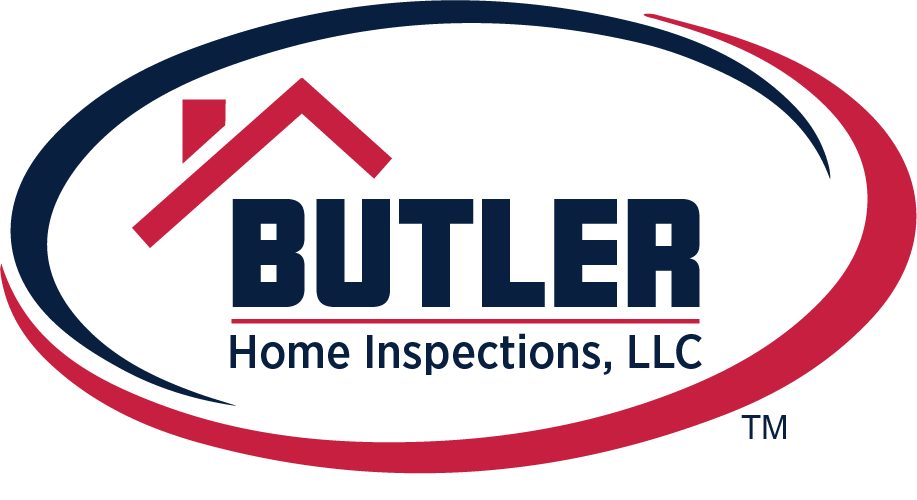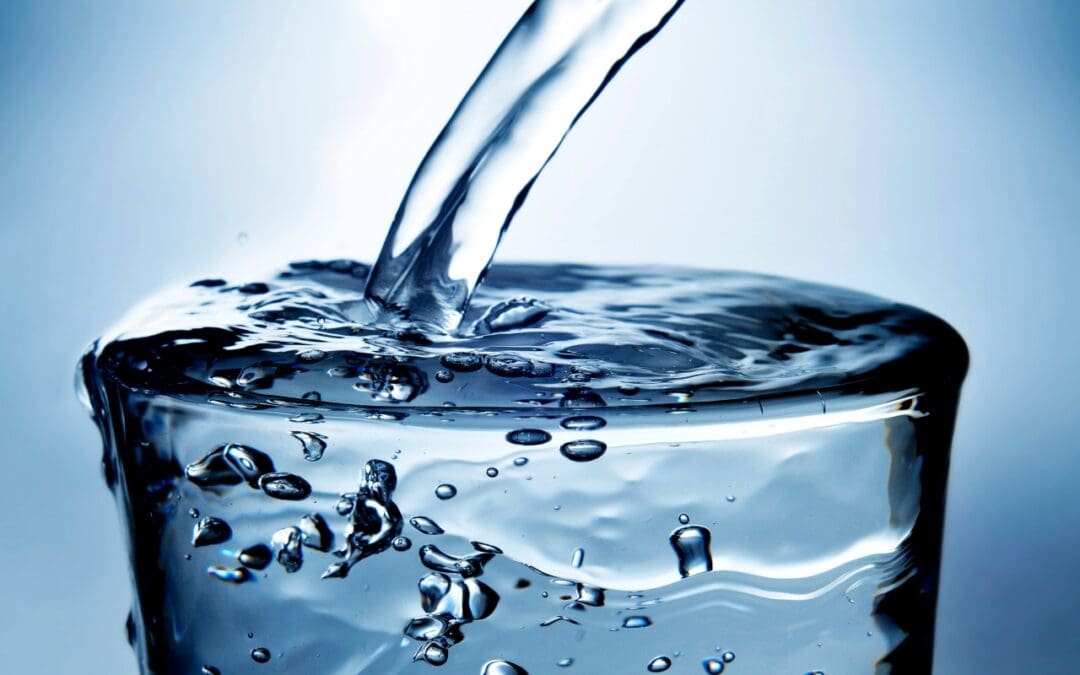When you turn on the tap, you expect clean, safe drinking water. While most municipal water systems do a good job, water quality may fluctuate, and homeowners on private wells face unique and ongoing challenges. Regardless of your source, knowing what’s in your glass is critical for your family’s health and the longevity of your plumbing. Understanding the necessity of water testing and choosing the right method is the first step in protecting your investment and well-being.
Why Trusting Professional Water Testing is Key
In the DIY age, relying on inexpensive home kits advertised online might be tempting. While these simple test strips will provide a quick, general indication of a few basic parameters, they are no substitute for professional water testing. Professional laboratories use sophisticated analytical equipment to detect contaminants down to parts per billion. This precision is vital because the chemicals and bacteria that pose the most significant health risks, such as lead, arsenic, nitrates, and E. coli, are often invisible, odorless, and dangerous even at extremely low concentrations. A simple home strip might indicate “safe” levels when a subtle, yet hazardous, amount of a pollutant is present.
Professional testing provides accurate results that you can use to make informed decisions about filtration or treatment. Furthermore, certified labs analyze a wider spectrum of contaminants relevant to your specific location and water source. They look for local agricultural runoff, industrial pollutants, and unique mineral deposits that DIY kits simply cannot detect, guaranteeing your water testing is comprehensive and relevant.
When to Schedule Your Water Testing
For homeowners relying on a private well, water testing should be a routine event. Health experts confidently recommend testing your well water at least once a year for bacteria (coliform) and nitrates. These contaminants could change quickly based on local conditions like heavy rain or septic system failures. If you notice any sudden changes, such as a shift in color, taste, or odor, or if you have experienced flooding, schedule testing immediately.
Even if you are connected to a municipal system, testing is still a good idea, especially if you have an older home. Your city is responsible for the quality of water leaving its treatment plant, but that water travels through your home’s private plumbing system. Lead from old pipes and copper from corroded lines may leach into your drinking water before it reaches the faucet. Having your water tested professionally confirms that your internal plumbing isn’t introducing contaminants into your water.
The Confidence of Certified Analysis
The process of professional water testing is straightforward, but its results are complex and invaluable. When you hire a professional you are getting a detailed report that outlines exactly what is in your water. This detailed analysis allows you to choose the correct filtration system. Whether you need a simple carbon filter to remove chlorine taste or a reverse osmosis system to tackle heavy metals, the treatment will be matched precisely to the problem. Guessing based on a superficial test wastes money and could leave harmful substances in your drinking supply. By insisting on professional analysis, you move past speculation and gain the confidence that your water is verifiably safe and clean.
Butler Home Inspections offers comprehensive home inspections in Upstate SC, including Anderson, Greenville, Pickens, and Oconee counties. Contact us to schedule an appointment for our services.

